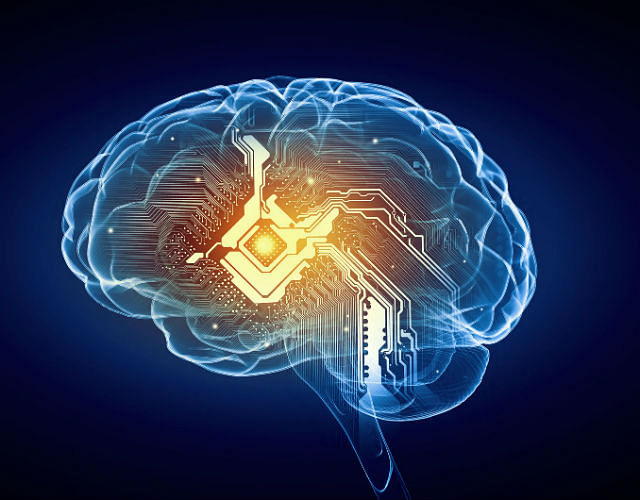
PHOTOGRAPH: Sergey Nivens, 123rf.com
“A minute on your lips, a lifetime on your hips,” goes the old adage.
Many of us have a love-hate relationship with our food. We love to eat, but hate the consequences on our weight. Psychologist Jasmine Siang of Heart to Heart Psychotherapy says that it does not have to be this way. Practicing mindfulness at mealtimes can help you to control your eating and prevent weight gain. Here are her top three tips.
1 Put away electronic devices during meals
Do you eat dinner in front of the television, or watch videos on your mobile phone while munching on your economy rice at lunch break? Jasmine says that this bad habit causes many of us to overeat.
We habitually multi-task at mealtimes and tend to feel uncomfortable if we are not engaged in something else while eating. This is why many of us hate eating on our own. Talking to someone across the table distracts you from paying attention to what you are eating.
When we have no one to make conversation with, we are forced to find something else to do such as checking your Facebook newsfeed or texting. These other activities reduce the amount of satisfaction you derive from eating, so you are more likely to feel like munching on something again soon.
Of course, you don’t have to eat in isolation. Make good, meaningful conversation with your lunch buddies rather than small talk. When you feel that your meal time has been well-spent, you will also feel satiated by the food.
When you are eating alone, ban all electronic devices at the table to remove distraction from your food. Resist the temptation to reach for your phone and enjoy your own company.
Read more: REVIEW: A lightweight CC cream that gives excellent coverage and SPF
2 Put your utensils down after every bite
Another bad habit we engage in is scarfing down our food.
“When you eat in a rush, your body and your mind are not working at the same speed,” says Jasmine. This is what she calls mindless eating. Because your mind does not wait to receive feedback from your body to decide whether or not to eat, you end up snacking even when you are not really hungry, or overeating when you are full.
One simple way to solve this problem is to put your fork and spoon down after each mouthful. “This trick forces you to slow down,” Jasmine explains. “Only pick up your utensils after you have chewed your food properly and swallowed, so you have enough time to actually taste and feel the food in your mouth.”
Read more: RECIPES: 10 cheesy recipes you’ll love
“Most people let their hands control their diet,” she says. “Don’t let your hand rush your mind, or you’ll end up eating more than you want to.” When you make the deliberate decision to take your next mouthful, you regain control of your eating.
3 Try the raisin trick
If you’re craving a midday snack even though you’ve just had lunch, Jasmine has an easy hack to curb it. All you need is a single raisin.
Put it in your mouth, and chew, and chew, and chew. Continue to chew without swallowing it, until the raisin starts to dissolve in your saliva. After several minutes, the enzymes in your saliva will break down the raisin until it eventually dissolves completely. By this time, you should have lost your craving for another snack. If not, simply pop another raisin in your mouth.
“The reason you want to snack even though you are full is because your mind is ignoring the signals from your body,” says Jasmine. But your mind can be tricked into thinking you are full by your body if you send the right signals.
When you use this raisin trick, the repeated chewing motion tells your brain that you are eating. After a few minutes of ‘eating’, your mind will start to believe that you are full and stop making you crave for food.

